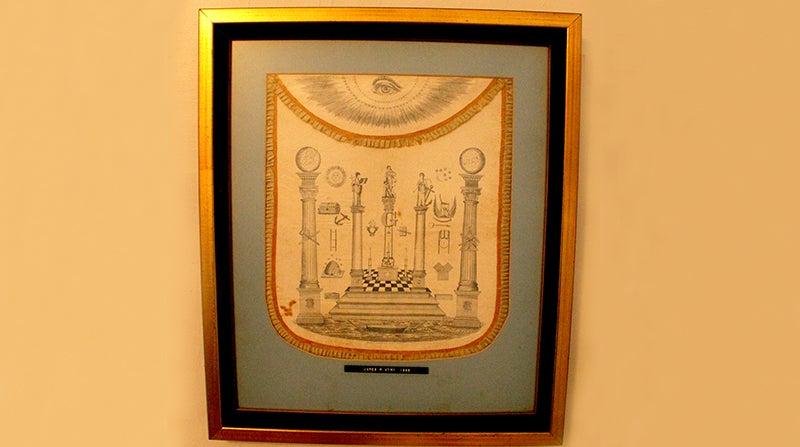2015 Rewind: September
Published 9:08 am Monday, January 4, 2016
From RCNH Archives
MURFREESBORO – As cries of police brutality are now more commonplace, it appears that America has reached an intersection where technology and human behavior meet.
For members of the Murfreesboro Police Department, they welcome the new technology, which is now being highly favored by law enforcement agencies across the nation in the wake of the August 2014 shooting of Michael Brown in Ferguson, Missouri.
Murfreesboro Police Chief Darrell Rowe said the effort to equip his officers with body cameras was directly linked to incidents across the nation where lawmen used deadly force while carrying out their duties. In a few cases, none locally, the use of that type of force has been ruled unjustified, resulting in the arrest of law enforcement officers.
“We see the use of body cameras as a way not only to protect our citizens, but our officers as well,” Rowe stated.
MPD was the first department in the local area to install and use in-car cameras and are now blazing the same trail in the use of body cameras.
MPD Sgt. David Griffith headed up the research to find the right type of camera to best serve the department.
Griffith’s research found that the Vie Vu cameras would best suit the needs of the MPD. They came at a cost of $900 per camera.
“We were sent a Vie Vu camera to test; we let various officers wear it and record from it to see if it was right for our needs,” Rowe stated.
While Rowe said that $900 may sound steep for one body camera, that price is worth it as compared to the in-car cameras (dash cams; priced at $6,200 each).
“The dash cams give us excellent usage on traffic stops, but once an officer leaves the view of the lens there is no visual image of what is taking place,” Rowe stressed. “When the body camera is activated it is recording video and audio when an officer is interacting with the public while answering a call.”
Thanks to the generosity of Murfreesboro businessman Ray Felton, the town was able to purchase the majority of the body cameras needed.
“Ray Felton has long supported our department as well as other causes here in town,” Rowe noted. “He donated enough money to purchase six cameras. We have a total of eight cameras; one was purchased by one of my officers and we had enough money in our (department) budget to purchase another one.”
Rowe said the body cameras are “the cheapest form of insurance the town can buy.”
“As far as the evidence, everything is right there on video, and those files are stored on a secured computer here in our office” he remarked.
“What’s even better is that the video and audio recordings are secure; an officer cannot edit or delete anything,” added Sgt. Griffith. “We download the video files to a secure computer in the office.”
When needed, the video is downloaded onto a DVD to use as evidence should the case proceed to court.
Rowe said his officers fully support the use of body cameras.
“They were the ones that asked if we could afford them; they love having them as another tool in carrying out their sworn duties,” the Chief said.
Rowe noted that in some cases, what is recorded on video, particularly from a dash cam, is only part of the incident at hand.
“Most of that video shows a situation that has already started; what it doesn’t show is what led up to the officers being in a particular situation,” he said. “That’s one of the great things about using a body camera….it’s on from start to finish.”
Another plus to having video cameras is the fact that they can play a role in deterring criminal activity.
“I’ve had officers tell me that they’ve been involved in an incident that had the potential to turn volatile, but once the individuals realized they were being videotaped they calmed down,” Rowe noted.
“This is just the tip of the iceberg when it comes to adding tools we can use to fight crime. I see the day when an officer steps out of his vehicle and what he or she sees is the same thing we see back here at the office, all in real time,” Rowe concluded.
That’s a long way from the days of three-channel police radios, a nightstick, a pistol, and a flashlight.


